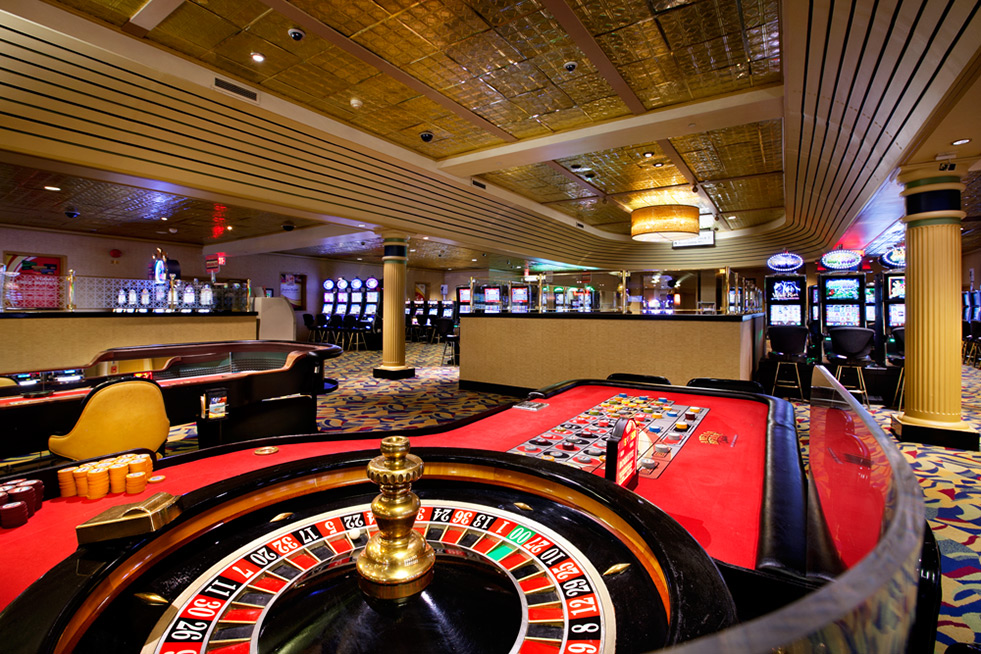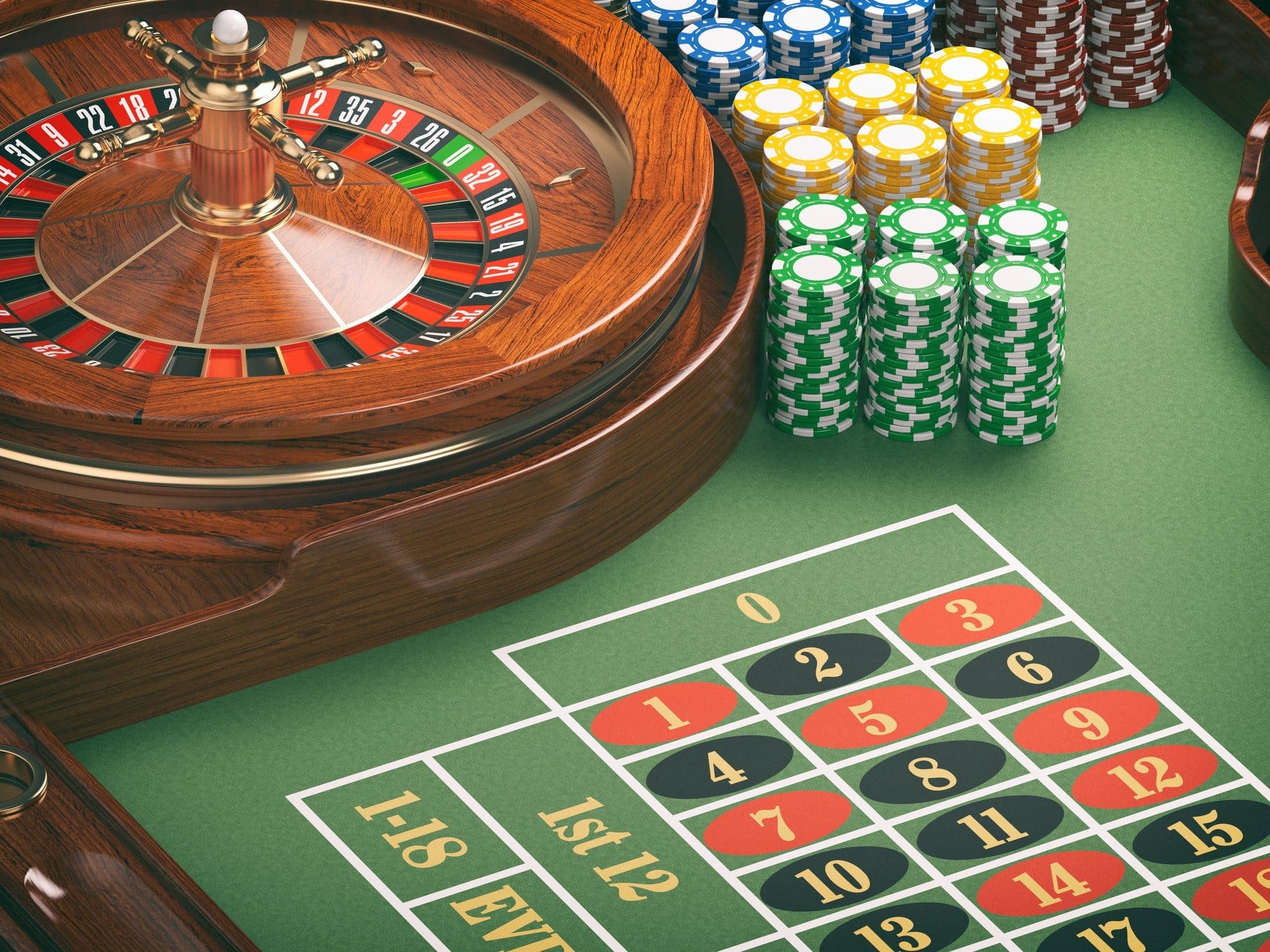Playing slots has long been a favored pastime for those seeking excitement in the world of gaming establishments. The bright lights, alluring sounds, and promise of jackpots draw gamblers in, creating an experience that’s hard to resist. However, while engaging with the machines can be fun, it’s important to understand the monetary risks associated with this form of gambling. Many individuals may become so enthralled by the allure of winning that they ignore the potential consequences it can have on their finances.
As with any form of gambling, the risks involved in slot gambling can be significant. Many players find themselves caught in a loop of playing, often betting beyond their means in hopes of striking a jackpot. Understanding these monetary risks is vital for anyone looking to partake in slot gambling, whether infrequently or often. By learning on these risks, players can make better choices and safeguard their finances while still taking pleasure in the thrill that slots have to offer.
Understanding Slots
Slot machines are a common type of gambling located in casinos and internet sites. They work on a straightforward concept: gamblers insert cash or tokens and spin wheels that feature different symbols. The objective is to align these symbols in specific combinations to win prizes. The appeal of slots often lies in their bright lights, engaging audio, and the thrill of possibly hitting a huge prize.
Current slots utilize RNGs to determine the outcome of each spin. This system ensures that every turn is independent and random, making it impossible to foresee or alter the results. Gamblers may choose from a variety of machines, each offering different themes, styles, and payback rates. Topcer88 Comprehending these aspects can boost the gambling experience, but it’s critical for players to recognize the intrinsic dangers involved.
While playing slot machines can be amusing, it is important to tackle the activity with care. Many players are drawn in by the prospect of winning big payouts, but the odds are often stacked against them. The house edge in gambling on slots can vary, implying that while some slots may appear more favorable, in the end, the house is more likely to profit than the gamblers. Being mindful of these factors can help people make educated choices about their gambling habits.
The Chances and Payouts
Grasping the odds and returns associated with slot play is crucial for players looking to navigate the risks involved. Every slot machine has a fixed payout percentage known as the RTP, which indicates how much of the wagered money is likely to be returned to players in the long run. Typically, this percentage can range from between 85% and 98% percent, but it’s important to note that these figures are approximations based on extended play. In the near term, individual gamblers may see outcomes that differ greatly from the RTP.
In addition, the odds of winning at slots can vary greatly depending on the type of slot. Traditional three-reel slots often offer more straightforward odds compared to modern video slots, featuring multiple paylines and additional features like bonus rounds. Gamblers may be attracted to the flashy graphics and engaging themes of video slots, but these complex features can also cloud their grasp of the actual odds. It’s essential for players to take into account both the machine type and its specific payout structure when deciding where to play.
Additionally, it’s important to recognize that slot machines function on a random number generator, ensuring that each spin is independent of the previous. This randomness means that no strategy can guarantee reliable wins, and defeats can accumulate quickly. Gamblers should approach slot gambling with a clear budget and an understanding of the associated risks, knowing that the excitement of the game often comes with the potential for financial losses.
Managing Your Bankroll
Effective bankroll control is essential for individuals participating in slot gambling. Start by establishing a spending limit that you are at ease with, which should be an amount you can afford to lose without impacting your financial stability. This limit will serve as a constraint to your spending, aiding to prevent impulsive decisions that could lead to serious financial strain. Adhere to this budget rigorously, and resist the urge to dip into emergency funds or to chase losses.
Additionally, of managing your bankroll is deciding how much you will bet per play. It is recommended to divide your overall budget into more manageable segments, allowing you to play for a longer period while reducing the risk of losing everything in a short time frame. This strategy can help enhance your experience and offer you with more chances to enjoy the games. Consider picking machines with smaller denominations to lengthen your playtime, as this can make your bankroll last longer.
Lastly, keep your emotions in control when gambling. It’s easy to get carried away during successful streaks or to feel downhearted after losses. Establishing a win limit and a loss limit can help you step away when the time is appropriate. By practicing self-discipline and adhering faithfully to your bankroll plan, you can enjoy slot gambling as a method of leisure rather than a financial burden.




